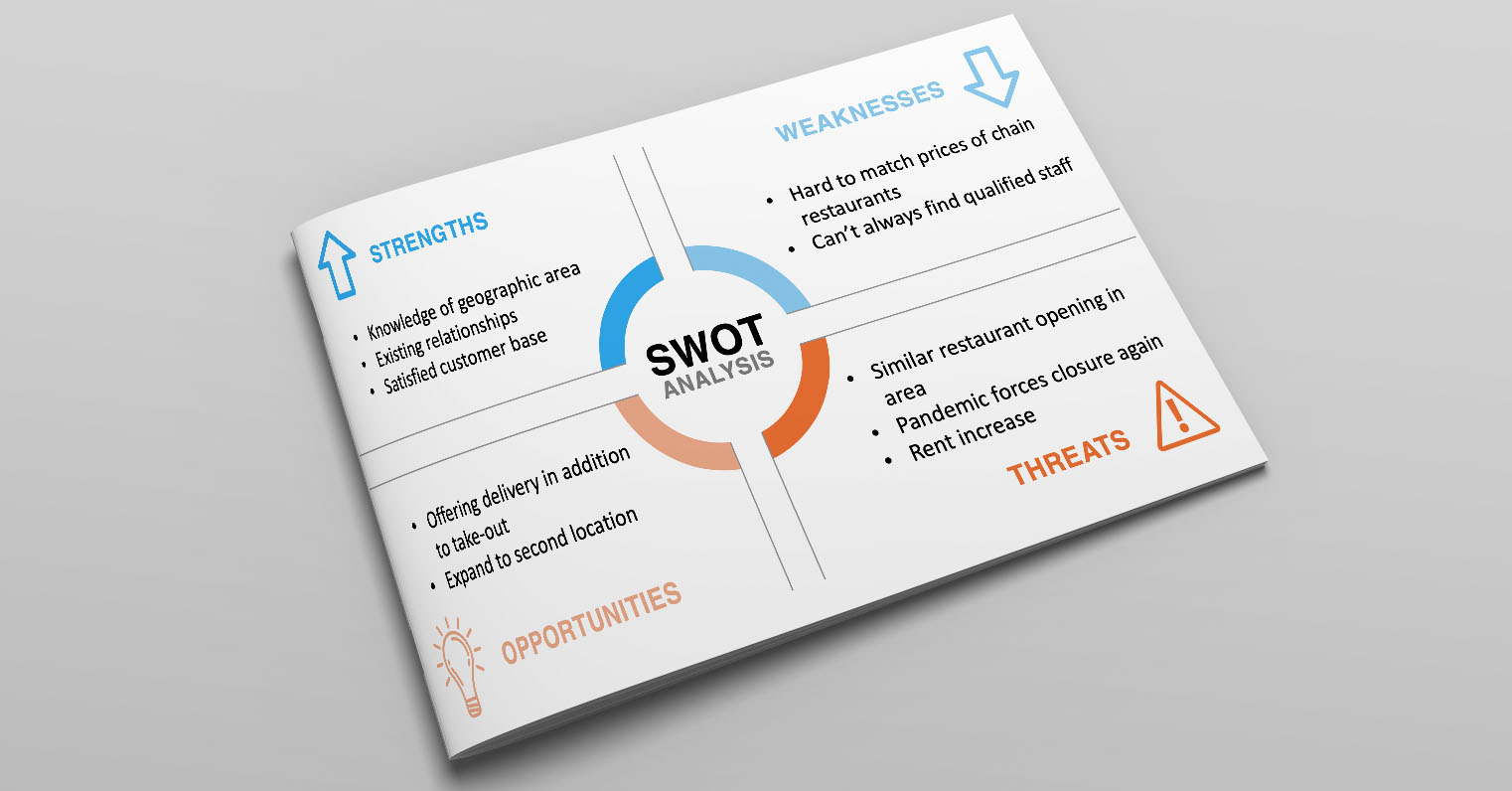How to Use Data to Enable a Strong Business Strategy

Since the advent of computers, organizations across nearly every industry have contemplated methods to leverage data. While most companies understand how essential data is for achieving their overall vision, fewer know how to utilize it successfully, especially given the high volumes of information they receive daily.
Technology advancements have given today's businesses enhanced processing power and storage capabilities, allowing them to make incremental improvements and sometimes transformative changes using data. Despite these developments, organizations still need a robust data strategy when establishing goals. Discover why information matters for business planning and how to create a data management strategy.
What Is Data Strategy?
A data strategy provides a methodology for how an organization will gather, store, supervise, share, and utilize data. It proves a business recognizes its information as a corporate asset capable of driving overall objectives and innovation. By creating a data strategy, your company also gains an approach for maintaining a competitive advantage long-term.
What Is the Purpose of a Company's Data Strategy?
To develop a productive data strategy, your organization needs specific, action-oriented provisions for using data. Since businesses are ever-changing entities, they should also be flexible enough for you to make adjustments over time. Although every company will have a unique data strategy, most will accomplish the following tasks:
- Detail how data will enable the organization to meet goals
- Determine a timeframe for completing data activities that outline priorities and achievements
- Explain how the organization will conduct data activities to reach objectives
- Indicate the changes the organization must make to optimize its use of data, including plans for making these modifications
- Illustrate how the proposed data actions will benefit the organization in increasing revenue and potentially monetizing the information
Why Is Data Strategy Important?
Without a data strategy, your company may be missing out on opportunities and surrendering its advantage to competitors. Neglecting to incorporate data into business decisions keeps your organization from uncovering key insights and may impede the launch of new products and services. The following reasons convey why having a data strategy is crucial for your company:
Unleashing the Power of Data
As mentioned, most organizations acknowledge the importance of data – the real question is how to use it. For instance, many business teams struggle to understand what information they should collect and the best techniques for obtaining it. Once they gather data, they may be unsure how to translate it into coherent, useful material. Data strategies give companies the resources to ensure all employees perform these tasks correctly.
Maximizing Resources
Multiple departments with various employees make it challenging for a business to maintain consistency. With no data strategy, individuals will likely file raw data into the format they deem best. However, a format that works for one department may confuse another. Under this approach, your business may waste a significant amount of resources.
Data strategies give every department and employee instructions regarding data entry and proper formatting, as well as steps for adjusting if necessary. Having clear guidelines simplifies the process of sharing data, which ultimately permits your company to use resources more efficiently.
Streamlining Data Management
Data impacts every employee at a company, making a standard for troubleshooting vital. Many organizations wait until a data concern arises and then solve that specific issue. This tactic is only beneficial short term – it typically does not solve data problems affecting other departments or projects. Data strategies give organizations a central method for tackling issues, enhancing data management, and ensuring departments support each other instead of working against each other.
Responding to High Data Volumes
The amount of data in the world is growing at an astonishing rate. The estimated value of the global big data industry is $274.3 billion, with over 91% of organizations investing in big data and artificial intelligence. The more data expands, the harder it becomes for teams to manage valuable information without a data strategy.
How to Create a Data Strategy
If your company is implementing a new system, establishing a technology plan after acquiring new business, or undergoing a digital change, it may be time to develop a data management strategy. While every organization will take a slightly different approach, you should let your company's primary goals drive decisions. Additionally, you may consider the following steps to devise an effective data strategy:
- Craft a proposal and garner support from executives, department heads, technology partners, and other key employees
- Form a data management team and assign governance responsibilities
- Classify the data your organization will obtain and its source
- Determine goals for collecting and allocating data
- Outline techniques for accomplishing your data strategy
- Figure out how you will organize and store the data
- Seek confirmation from the leadership team and begin executing the strategy
Leverage Your Data with Spider Strategies
How have you leveraged data to develop a strategy? If your organization has yet to consider a process for managing data, turn to Spider Strategies for guidance. We make the industry's leading performance management software, Spider Impact, as well as several other programs to augment additional areas of business like strategic initiatives, business intelligence, and meeting automation.
Our team comprises performance management professionals, software developers, and support staff that help customers reach their best strategic performance. You can make the most of your valuable data using Spider Impact. Click for a free trial or demo.
Frequently Asked Questions
What Is Data Strategy?
A data strategy provides a methodology for how an organization will gather, store, supervise, share, and utilize data. It proves a business recognizes its information as a corporate asset capable of driving overall objectives and innovation.
What Is the Purpose of a Company's Data Strategy?
To develop a productive data strategy, your organization needs specific, action-oriented provisions for using data. Since businesses are ever-changing entities, they should also be flexible enough for you to make adjustments over time.
Why Is Data Strategy Important?
Without a data strategy, your company may be missing out on opportunities and surrendering its advantage to competitors. Neglecting to incorporate data into business decisions keeps your organization from uncovering key insights and may impede the launch of new products and services.
Demo then Free Trial
Schedule a personalized tour of Spider Impact, then start your free 30-day trial with your data.






